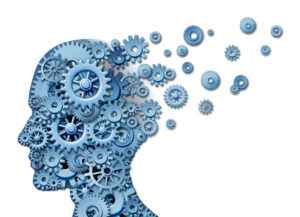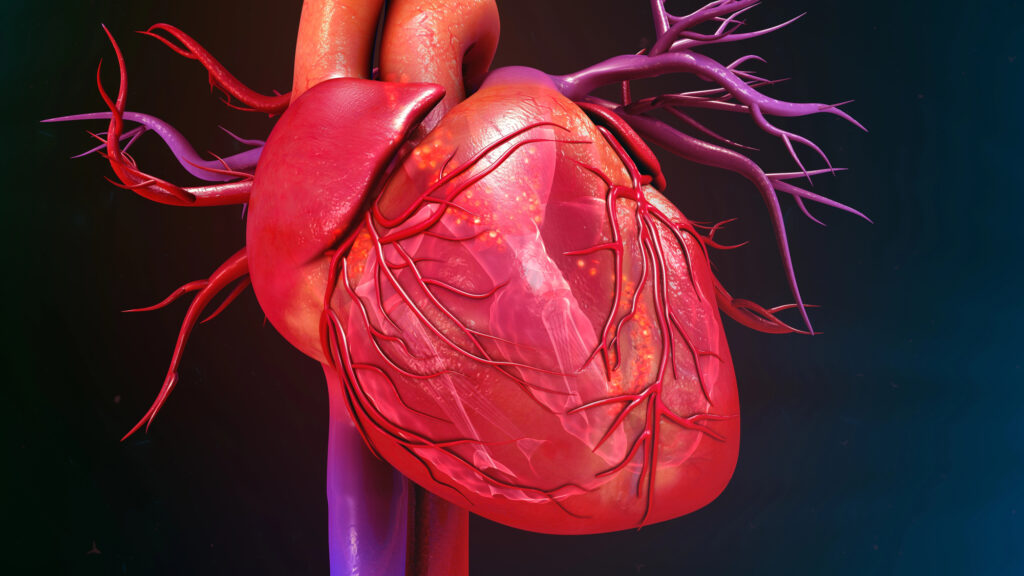There has been a great deal of press lately on diet and mental health. A new expert review confirms that yes, diet significantly influences mental health and well being, however, the evidence for some diets is comparatively weak, says a new study in the peer-reviewed journal European Neuropsychopharmacology.
“We have found that there is increasing evidence of a link between a poor diet and the worsening of mood disorders, including anxiety and depression. However, many common beliefs about the health effects of certain foods are not supported by solid evidence,” said lead author, Professor Suzanne Dickson (University of Gothenburg, Sweden).
The researchers found that there are some areas where this link between diet and mental health is firmly established, such as the ability of a high fat and low carbohydrate diet (a ketogenic diet) to help children with epilepsy, and the effect of vitamin B12 deficiency on fatigue, poor memory, and depression.
They also found that there is good evidence that a Mediterranean diet, rich in vegetables and olive oil, shows mental health benefits, such as giving some protection against depression and anxiety. However, for many foods or supplements, the evidence is inconclusive, as for example with the use of vitamin D supplements, or with foods believed to be associated with ADHD or autism.
“With individual conditions, we often found very mixed evidence”, said Professor Suzanne Dickson. “With ADHD for example, we can see an increase in the quantity of refined sugar in the diet seems to increase ADHD and hyperactivity, whereas eating more fresh fruit and vegetables seems to protect against these conditions. But there are comparatively few studies, and many of them don’t last long enough to show long-term effects”.
The study confirms that while certain foods can be associated with a mental health condition, this tells us little about why the food causes this effect. It concludes that the need to link mental health effects with provable dietary causes needs to be the main focus of future research in nutritional psychiatry.
“There is a general belief that dietary advice for mental health is based on solid scientific evidence. In reality, it is very difficult to prove that specific diets or specific dietary components contribute to mental health,” she said.
The scientists confirmed that some foods had readily provable links to mental health, for example, that nutrition in the womb and in early life can have significant effects on brain function in later life. Proving the effect of diet on mental health in the general population was more difficult.
“In healthy adults dietary effects on mental health are fairly small, and that makes detecting these effects difficult: it may be that dietary supplementation only works if there are deficiencies due to a poor diet. We also need to consider genetics: subtle differences in metabolism may mean that some people respond better to changes in diet that others,” said Professor Dickenson.
There are also practical difficulties which need to be overcome in testing diets. A food is not a drug, so it needs to be tested differently to a drug. We can give someone a dummy pill to see if there is an improvement due to the placebo effect, but you can’t easily give people dummy food. Nutritional psychiatry is a new field. The message of this paper is that the effects of diet on mental health are real, but that we need to be careful about jumping to conclusions on the base of provisional evidence. We need more studies on the long-term effects of everyday diets.”
What is Known and Unknown about Diet and Mental Health
The researchers made the following conclusions:
- Epidemiological data highlight the association between nutrition and mental health but do not provide information about causality or underlying mechanism.
- Emerging findings from intervention studies suggest that diet (often combined with lifestyle) modification has potential in the prevention and treatment of mental health and may modify drug treatment effects.
- Dietary intervention studies are informative but often limited methodologically due to: heterogeneity in population characteristics, lack of biomarkers to adequately stratify within and across populations, small sample sizes, lack of blinding of participants to treatment allocation and/or lack of blinded observers.
- Progress will require mechanistic insight into the impact of different diets and dietary components at various levels: metabolic and cellular processes, neural circuits, core cognitive and emotional processes, whole organism and disease (models).
- Genetic background can be used to strengthen hypotheses on the effects of specific nutrients on mental disorders, which can subsequently be tested in randomized controlled trials.
- High quality and adequately powered experimental medicine studies will enable the identification of interventions that have a higher probability of succeeding when tested in large randomized controlled trials.
- Sensitivity to mental health issues vary across the lifespan and between individuals and is influenced by genetic background, cultural setting and the environment. Nutritional needs also differ across the lifespan. To provide dietary recommendations for improving mental health, a major challenge is to advance knowledge from population-based observations towards personalized nutrition.
“The interface between gut and the brain on the one side and diet and mental health on the other side is one of the most debated issues in biological psychiatry at the moment, and is an exciting development which has gained momentum in the last decade, said Professor Andreas Reif, the Chair of the ECNP Scientific Programme Committee, University Hospital, Frankfurt am Main (who was not involved in the work). “Many high-quality findings (mainly from animal studies) have been published in top notch journals in recent years, but this contrasts with the comparative shortage of hard evidence on how nutrition and mental health are connected in humans. This leaves room for speculation and flawed science. This comprehensive review is therefore much-needed as it sheds light on hypes and hopes, facts and fiction in the new field of Nutritional Psychiatry. As the potential societal impact of this rapidly developing field is enormous, we must be scientifically sound in making our recommendations. This review is an important and scholarly contribution.”
Conclusion/ “Accumulating evidence provides support for the existence of direct relationships between nutrition, stress susceptibility, mental health and mental function throughout the lifespan. However, the evidence is correlational and there is a gap in understanding how these effects come about. Novel breakthrough findings on the bidirectional relationships between nutrition and brain functioning are urgently needed to inform public health policy on diet. Improved mechanistic understanding of how nutrition affects mental health and cognition will guide the development of new nutritional interventions and evidence-based advice that will promote and maintain brain fitness throughout life. The promotion of dietary habits that lead to better mental health, and the identification and validation of critical individual nutritional components, will improve sustainability in our healthcare systems and reduce the economic costs associated with poor mental health and cognitive decline.”
Click here for Full Text Study








